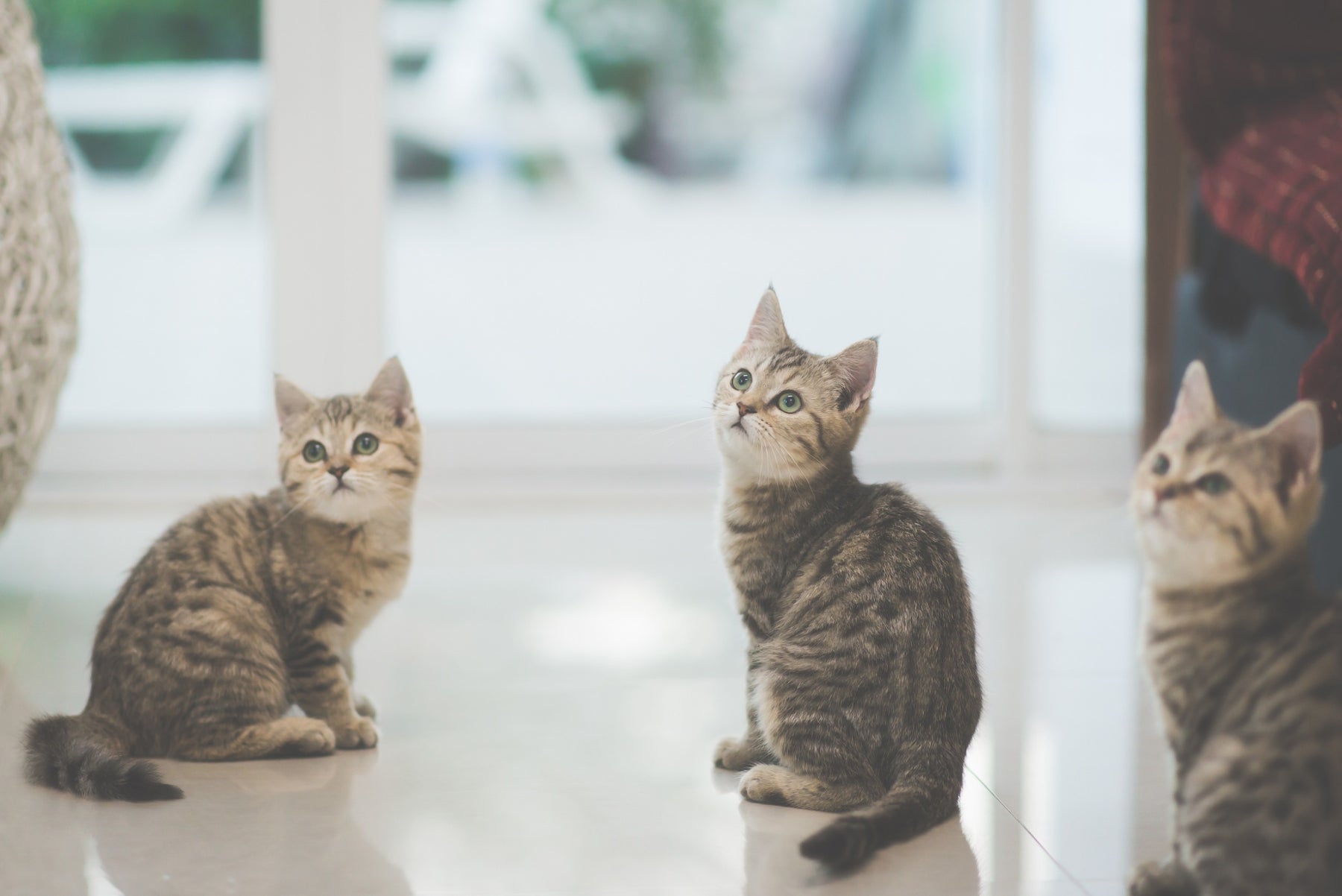No one wants to see their cats suffer unnecessarily, whether it’s with chronic pain or stress-induced anxiety. Owners should be aware that gabapentin is a common medication used to help mitigate these symptoms.
And, clinical trials have shown that gabapentin is also effective in treating anxiety and fear in cats, especially before and during a visit to the veterinarian.
Depending on the usage, many pet insurance policies will cover the costs of gabapentin for cats, which makes it a reasonable option for ensuring your pet lives a pain-, fear-, and anxiety-free life.
What Is Gabapentin Used for in Cats?
Gabapentin is often prescribed by veterinarians to treat chronic pain, seizures, and is used to address fear, anxiety and stress (FAS) in cats.
Dr. Paige Baker, D.V.M., veterinarian and regional medical director for IndeVets, a nationwide veterinary staffing service, says veterinarians will often prescribe gabapentin for cats to help reduce anxiety during vet visits, travel, or other changes to their environment, including introducing new members of the household, or new pets.
“Veterinarians have found that giving a single dose of gabapentin before a visit can reduce a cat’s FAS and make their trip to the vet more comfortable for the cat, more enjoyable for the owner, and more successful for the vet and hospital team,” Baker says.
Gabapentin was originally approved by the FDA as anti-seizure and nerve-pain medication for humans, and is now used off-label by veterinarians, including with cats.
“Prescribed more and more frequently by veterinarians, gabapentin’s major uses in cats includes anti-anxiety, anti-pain and neutralizing joint disease like arthritis,” says Dr. Michael Fleck, D.V.M., veterinarian and co-host of the nationally syndicated radio show The Pet Buzz.
Fleck adds that to a lesser extent, veterinarians will also use gabapentin to assist in reducing seizures in cats.
For pain management, gabapentin is most effective when given in combination with other pain medications, Baker notes.
Is Gabapentin Safe To Give to Cats?
When used as prescribed and given at the recommended dose, gabapentin is safe for cats.
“Gabapentin is not only safe, but remarkably effective,” Fleck says.
When Owners Can Give Gabapentin to Cats
Veterinarians will conduct a thorough medical exam, consider the cat’s medical history, and take into account any other medications and supplements the cat may be taking before prescribing it gabapentin.
When Owners Shouldn’t Give Gabapentin to Cats
Gabapentin should not be given to your cat for the following reasons:
- The cat is being treated with benzodiazepines like Valium and Xanax, opioids like morphine and hydrocodone or antihistamines like Benadryl
- The cat has severe kidney disease or is on a special diet to control kidney disease
- The cat is pregnant
“Gabapentin is a prescription medication and should not be given unless under the guidance of a veterinarian,” says Dr. Preston Turano, D.V.M., veterinarian and spokesperson with AKC Pet Insurance.
What Is a Safe Gabapentin Dosage for Cats?
Gabapentin comes in several forms, including:
- Capsules in 100 mg or 300 mg formulations
- Liquid with a 50 mg/ml concentration
Safe dosing of gabapentin for cats will depend on the individual cat, including the weight and medical history, and the reason for the prescription.
“Gabapentin dosage varies based on a cat’s weight, condition and response to treatment,” Baker says. “It is crucial to consult with a veterinarian to determine the appropriate dosage and frequency of administration.”
But generally, gabapentin is prescribed in the following way:
- For reducing fear, anxiety and stress in cats: 50mg to 200mg is administered once, about 1.5 hours before a vet visit
- For pain management (as part of a multi-modal approach): Starts at 5 mg/kg every eight hours. Can be adjusted up to 10 mg/kg every eight hours
Can Cats Overdose on Gabapentin?
It is possible to overdose a cat with gabapentin, but it is not typically fatal, says Fleck.
“(Overdosing on gabapentin) may include undesirable symptoms like explosive diarrhea, lethargy or extreme sleepiness and incoordination,” Fleck says.
Can I Give My Cat Gabapentin Every Day?
If directed by your veterinarian, Gabapentin can be given daily to cats, Turano says.
It’s important to follow your veterinarian’s prescription exactly, to prevent overdosing your cat.
Gabapentin Side Effects for Cats
When given gabapentin, especially before a veterinary visit, cats usually experience reduced stress and anxiety, as well as fear during a veterinary visit, Turano says.
Other positive side effects of gabapentin for cats include the following:
- Decreased pain
- Decreased anxiety
- Improved comfort
- Improved appetite
- Improved mobility
There are negative side effects of gabapentin that cat owners should look for, including:
- Dizziness
- Nausea
- Vomiting
- Diarrhea
- Incoordination
- Disorientation
“If these signs are noticed, contact your veterinarian to adjust the dosage or to decide whether it should be discontinued,” Turano says.
How Long Does It Take for Gabapentin To Start Working?
Gabapentin is a fast-acting drug and typically starts working within the first few hours after being administered, Fleck says.He adds that relief from pain may be different for every cat who is administered gabapentin.
“Relief for cats with post surgical or trauma pain and those with extreme anxiety issues generally feel relief in the first few hours, but relief from arthritis may take weeks for optimum effect,” Fleck says.
Fleck adds that for older cats and cats with kidney disease it may take longer to experience pain relief from gabapentin.
How Long Does Gabapentin Stay in a Cat’s System?
In most healthy cats, gabapentin should be out of the system within four to eight hours, Turano says.
Fleck notes that in older cats and those with kidney disease, not only will it take much longer for gabapentin to be released from the cat’s body, the cat may also experience dizziness and flu-like symptoms.
With the proper care and guidance of your veterinarian, gabapentin can be used safely and effectively to treat pain, seizures and anxiety in cats.
But because the dosing is very specific to each cat and each usage, it’s important you visit your vet for a full exam and assessment to determine if your cat is a good candidate for the medication.
“Before considering gabapentin for your cat, it is essential to consult with a veterinarian who is familiar with your cat’s medical history. They will evaluate potential benefits, assess any underlying conditions, and determine the appropriate dosage for your cat’s specific needs,” Baker says.


